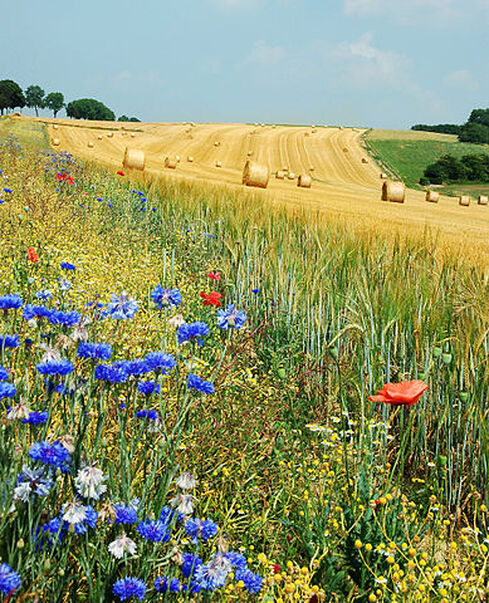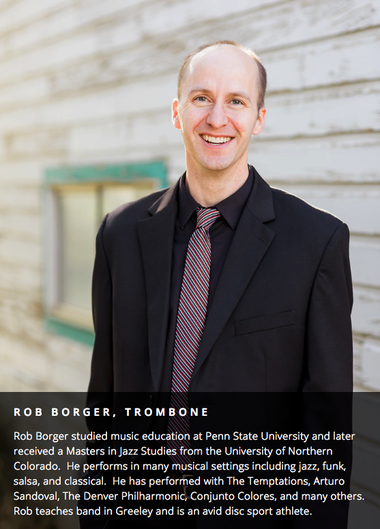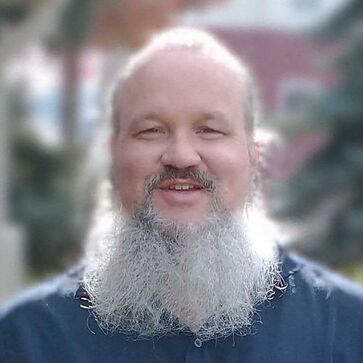 By © Sergey Pesterev / Wikimedia Commons, CC BY-SA 4.0, https://commons.wikimedia.org/w/index.php?curid=80011590 By © Sergey Pesterev / Wikimedia Commons, CC BY-SA 4.0, https://commons.wikimedia.org/w/index.php?curid=80011590 Songs of nature and sustenance — and a benediction — greet you at this Sunday morning's 10:00 a.m. livestreamed outdoor service. Due to popular demand (seriously!), Blair Carpenter and I will again offer Kacey Musgraves' "Rainbow." An anthem embraced by the LGBTQ community upon its release in 2018, the song has become notable in this pandemic era as a source of solace and comfort. "Heart of the Heartland" is the title track from Peter Ostroushko's album released in 1995. This instrumental evokes an easy Americana vibe sure to offer a moment of repose and reflection following the sermon. Banjoist Bruce Ronda and bassist Peter Strenning will join in. Finally, we offer a countrified rendition of the 19th century hymn "God Be With You" to close the service. This slice of Americana also serves as a fond farewell to staff member Mark Lee as he heads off soon to his next call. And adventure.
0 Comments
 By I, Luc Viatour, CC BY-SA 3.0, https://commons.wikimedia.org/w/index.php?curid=998412 By I, Luc Viatour, CC BY-SA 3.0, https://commons.wikimedia.org/w/index.php?curid=998412 This Sunday morning we preface the beginning of summer with the fourth movement from Vivaldi's The Four Seasons, "L'estate" (Italian for Summer). This famous set of violin concerti was composed from 1716-17 and published in 1725. The Four Seasons is considered one of the earliest examples of programmatic music: music that follows a literary narrative and embodies the meaning of the prose, often quite literally. In Summer, cuckoo calls, the misery of the overbearing heat, and thunderclaps will represented within the music itself. The three movements are based on a three part sonnet, included below, most likely written by Vivaldi. Violinist Harmony Tucker will lead us into this summertime odyssey of beauty, unrelenting heat, and fierce storms threatening the European harvest. I. Allegro non molto Under a hard season, fired up by the sun Languishes man, languishes the flock and burns the pine We hear the cuckoo's voice; then sweet songs of the turtledove and finch are heard. Soft breezes stir the air, but threatening the North Wind sweeps them suddenly aside. The shepherd trembles, fearing violent storms and his fate. II. Adagio The fear of lightning and fierce thunder Robs his tired limbs of rest As gnats and flies buzz furiously around. III. Presto Alas, his fears were justified The Heavens thunder and roar and with hail Cut the head off the wheat and damages the grain. At 6:00 p.m. Bobby will be joined by cantor Blair Carpenter, guitarist Alan Skowron, and bassist Peter Strening for a spirit-led service including arrangements by John Bell and a nod to Pride Month from singer-songwriter Kacey Musgraves.
 The First Sunday after Pentecost can also be acknowledged as Trinity Sunday. And it is to this traditional feast day on the Roman calendar that Sunday morning’s Baroque era organ selections will honor. A setting of the trinitarian hymn “Allein Gott in der Höh sei Her” (To God Alone on High be Glory) by early Baroque Dutch composer Jan Pieterszoon Sweelinck begins the service. Sweelinck refined Renaissance era composition practices and helped usher in the North German organ school of composers which included Georg Böhm, J.S. Bach, Dietrich Buxtehude, and Samuel Scheidt, the latter two also being heard this Sunday morning. “Wir glauben all’ an einen Gott” (We all believe in one true God) serves as the Offertory this week. There are numerous settings in the organ literature of this Martin Luther hymn, whose text is based on the words of the Nicean Creed. Samuel Scheidt, also a student of Sweelinck, provides the setting this week. Buxtehude’s galloping Fugue in C Major concludes the service. Subtitled the ‘gigue fugue’, the work is in a compound three meter imitating the imported British jig dance. Bach employed many numerological references to the Trinity in his organ works (abundant in the triple fugue of his “St. Anne” E flat major masterpiece). Buxtehude did not presumably intend this ‘gigue’ to be a trinitarian reference, but it will do. Come back later to Plymouth for a jazz-inflected service at 6:00. Vocalist Adrienne Harlow and trombonist Rob Borger and friends will join Bobby for a musically adventurous evening. |
Details
|

 RSS Feed
RSS Feed